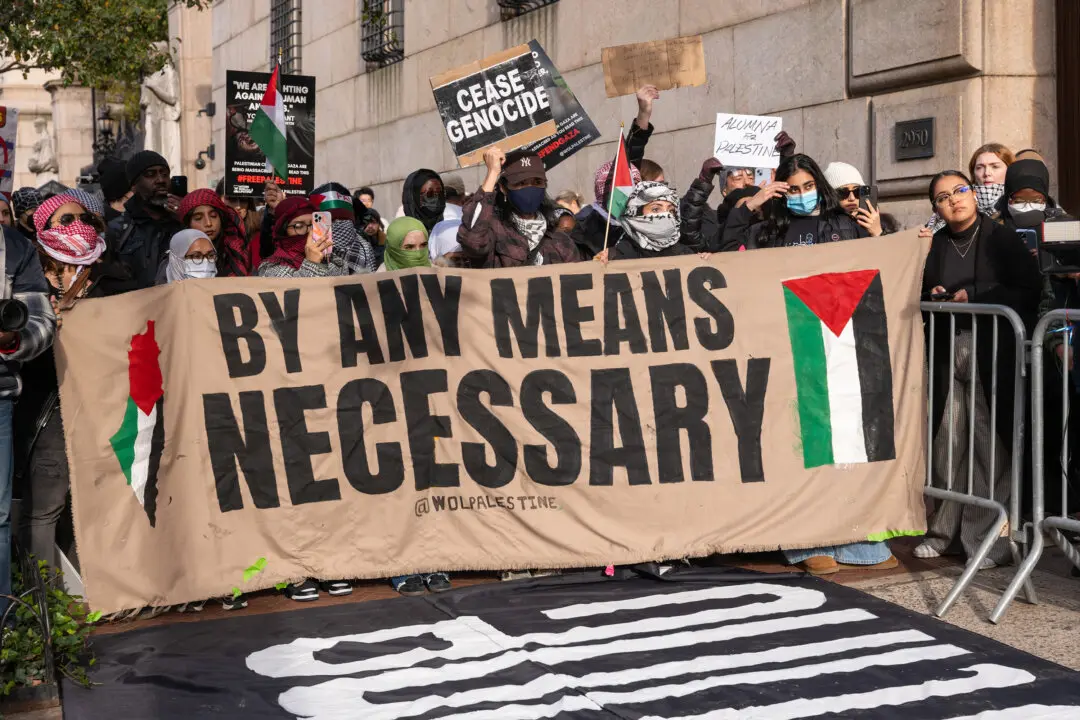Commentary
A second “D” has been added to “DEI.” The pervasive diversity, equity, and inclusion trio has been repackaged as “EDID”: equity, diversity, inclusion, and decolonization. Like DEI, decolonization holds that society is systemically divided between a class of oppressors/exploiters and various victimized/oppressed minorities defined by their (racial, sexual, etc.) identities. And while the designated victim groups are fluid and shifting, the oppressors invariably fall into one category: “privileged” “white” “European” “settlers.”





